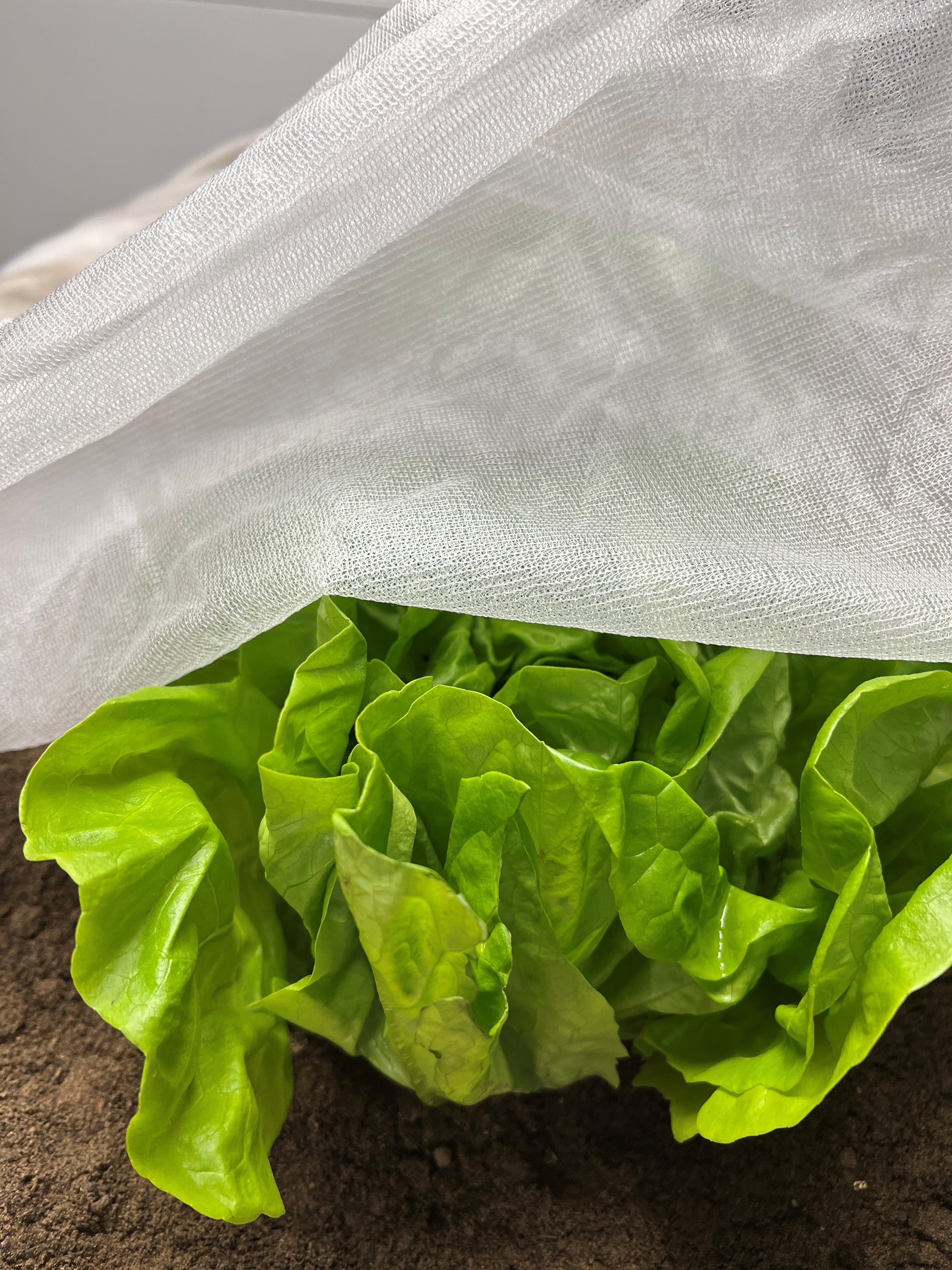Two innovative new traps that can catch Asian Hornets alive are being launched today by Andermatt at the National Honey Show.
These traps are unique in that they allow the hornets to be released and tracked back to locate and destroy their nests.

Invented by design engineer and beekeeper Jeremy Pearce, and tested across France and with APHA (Animal & Plant Health Agency) in the UK, these new traps will be a valuable tool to monitor for this invasive pest and protecting honeybees.
Asian Hornet is an invasive insect species with the potential to massively impact both honeybee populations and overall biodiversity.

First identified in the UK in 2016, there is an ongoing program to monitor and then eradicate Asian hornet nests when found.
Co-ordinated by the National Bee Unit, (part of APHA), this program aims to find and destroy all nests in order to prevent the pest becoming established in the UK.
With his apiary on the South coast, Jeremy wanted to use his design skills to see if there was a way to help monitor for this pest and protect his beehives.
With the help of his 3D printer, Jeremy went from product concept to this commercial launch in 18 months.

Prototypes were tested by a former colleague and friend, Philippe Clement, around Toulouse in Southern France, where the Asian Hornet has become widespread since its introduction in 2004.
After successful testing and modifying for two seasons, samples of the traps were supplied to the National Bee Unit in September.
The National Bee Unit evaluated both trap designs for their ability to catch Asian Hornet, and importantly not catch other insects. “Both the traps and ferrules were tested in Kent by APHA with positive results, showing both the ability to catch and retain Asian Hornets alive, whilst also minimising non-target catches,” concluded Nigel Semmence, who is coordinating the Asian Hornet monitoring program for the National Bee Unit.

Both traps have also been cleverly designed to prevent the capture of other insects such as bees and wasps. The trap entrances have been developed to exclude insects larger than an Asian Hornet, but also allow smaller ones such as wasps to escape back out. Designing the trap to be hornet specific improves its ease of use and simplicity in confirming insects trapped are Asian Hornets.
In addition to the hornet-specific design, both traps have the flexibility to be used as either live or fatal traps. The ability to keep the trapped hornets alive is important for the National Bee Unit pest monitoring, because trapped Asian hornets can be released and tracked back to locate the nest.

The orange Asian Hornet trap also has the added feature of a grid lid, through which trapped hornets can be manipulated safely. This is important in cases such as in Jersey where Asian Hornets have ticker tape stuck to them before release to make it easier to follow them back to their nest.
“Asian Hornets pose a significant risk to honey bees and it is great that Jeremy has developed a solution to help combat these” says Dr Andrew Brown, Managing Director of Andermatt UK. “We are excited to be working with Jeremy, and delighted he has chosen us as partners who share his passion for protecting bees.”
Read more about the story behind the development of the Asian Hornet traps here.
Date: 26.10.23
Further information: email sam.sturley at andermattuk.com
About Andermatt: Originally setup in Switzerland over 35 years ago by Drs Martin and Isabel Andermatt, the Andermatt Group now has a global footprint. Inspired by nature, and with a belief in providing more sustainable solutions, Andermatt are a global leaders in manufacturing and producing more environmentally sustainable solutions. The UK-based subsiduary is led by Dr Andrew Brown. Setup in 2017 it aims to bring to market products for use around the garden and home which help lower the environmental footprint of our hobbies. Discover more at www.andermattgarden.co.uk
About Jeremy: A keen beekeeper and member of his local British Bee Keeping Association (BBKA) Chichester BKA on the Sussex coast. His adventures beekeeping and his passion to help protect honeybees against Asian Hornet can be followed on Instagram @boshambees
About the National Bee Unit: The National Bee Unit is part of the Animal and Plant Health Agency (APHA). The National Bee Unit is responsible for delivering the bee health programmes on behalf of Department for Environment Food and Rural Affairs (DEFRA). The National Bee Unit has been involved in the management and control of bee pests and diseases, along with training and dissemination of information to beekeepers. More information on the National Bee Unit and their ongoing activities against Asian hornet can be found at https://www.nationalbeeunit.com/diseases-and-pests/asian-hornet/



